On November 30 2015 LSE’ s oldest and largest double programme, MSc in Global Media and Communications, celebrated its 15th anniversary. Professor Terhi Rantanen provides an introduction and Jonas Schorr gives an alumni viewpoint.
Over 100 alumni, students and colleagues attended the seminar in the Shaw Library and the festive dinner at the Senior Common Room. Professor Craig Calhoun introduced the event, Professor Terhi Rantanen opened it and Dr Raka Shome gave a keynote followed an international alumni student panel.
The event did not only celebrate the pioneering MSc with the University of Southern California (USC) in Los Angeles, but also the double programme with Fudan University in Shanghai founded in 2008 and the new programme with the University of Cape Town to be started in 2017.
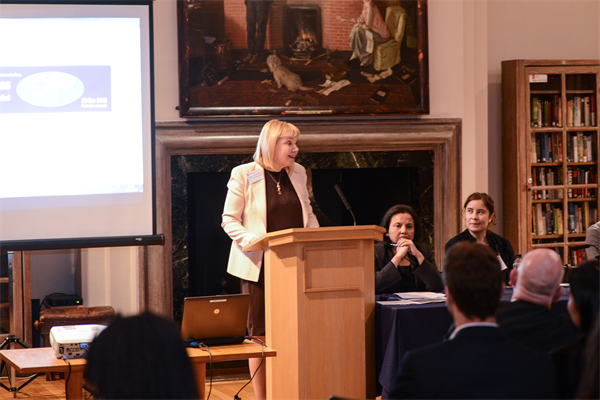
When the MSc was founded in 2000 with USC many of the leading globalisation theorists were working at LSE, led by Professor Anthony Giddens. Giddens and Professor Patricia Riley, then Director of the Annenberg School of Communication at USC invented this new type of Master’s programme in which students study at two universities in two global cities. Professor Riley and Professor Terhi Rantanen have co-directed the Global programme with USC since its beginning.
It now has over 500 alumni working around the world and shaping the future of global media and communications.
Media and Communications in the age of globalisation – an alumni viewpoint
Do you know what a Global is? If you don’t, it’s probably because you haven’t had the pleasure yet of meeting the “adventurous types” in LSE’s Media and Communications Department.
The Global’s programme (MSc in Global Media and Communications) is in fact LSE’s oldest and largest dual degree programme. More than anything, it is an endearing term for the close-knit community of Master’s students that over the years have explored the meaning of global village in the most personal manner, ie, by physically dislocating and culturally uprooting themselves mid-way through their studies.
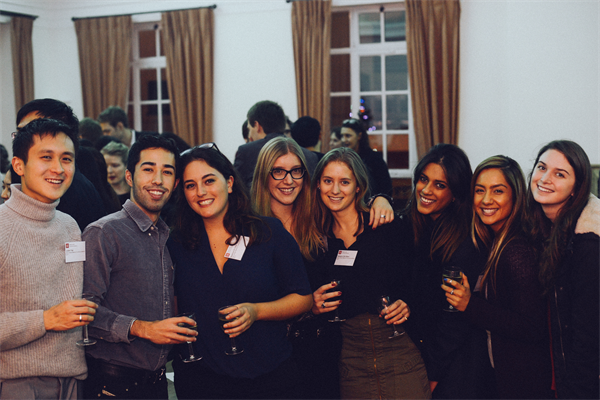
After a year at LSE and while finishing up their first dissertation, they move continents to pursue their studies of mediated globalisation for yet another year in a foreign culture. Whether close to the heart of Hollywood at the University of Southern California’s Annenberg School of Communications or inside the maze of Shanghainese skyscrapers at Fudan University, home to China’s leading journalism faculty. I personally chose to study in China for the second year and the two-year programme felt like an exciting group experiment with an intended culture clash.

The fact that a visionary programme such as this was launched as early as 2000 still surprises me. With LSE’s reputation as another type of global village, where the world meets and comes together, that’s probably the reason why it was only here that, on the cusp of the new millennia, such a pioneering media programme could be born. Remember, this was long before we became familiar with 24/7 online news cycles, smartphones or the sweeping cultural changes prompted by social media – the digital revolution that, first and foremost, is a digital media and communications revolution. These new technologies will continue to transform global society even further in the years to come.
But then there is more to being a Global than cultural fluency, a tight community or knowing about nifty digital tools and trends. Most critically, it’s about a conscious awareness of how we craft and frame our narratives, how we portray people, the closeness or otherness involved in the process, and the ethical responsibility which we must always consider.
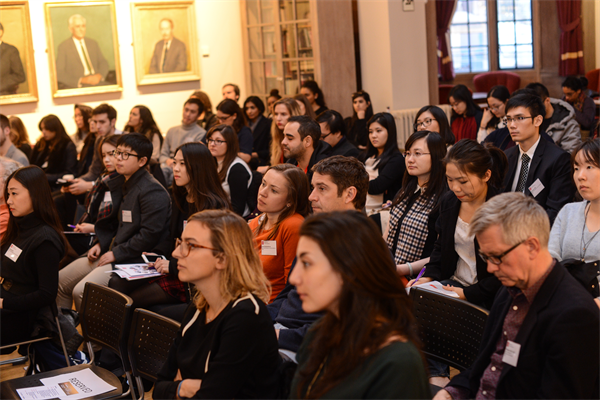
At the 15th anniversary celebration, I was excited to hear that a new African partnership with the University of Cape Town will be added to the programme in 2017. I hope that a Latin American partnership will complete the global ambition of the programme eventually. And if the popular saying is true that the pen is mightier than the sword, then Globals must be pretty a dangerous bunch. So watch out!
More information
Interested in applying for the MSc Global Media and Communications? Visit MSc Double Degree in Global Media and Communications with Annenberg School, USC or Fudan University
For further information about the department and other programmes offered, visit LSE Department of Media and Communications
Images
The images used are from the 15th anniversary event and were supplied by the Department of Media and Communications.


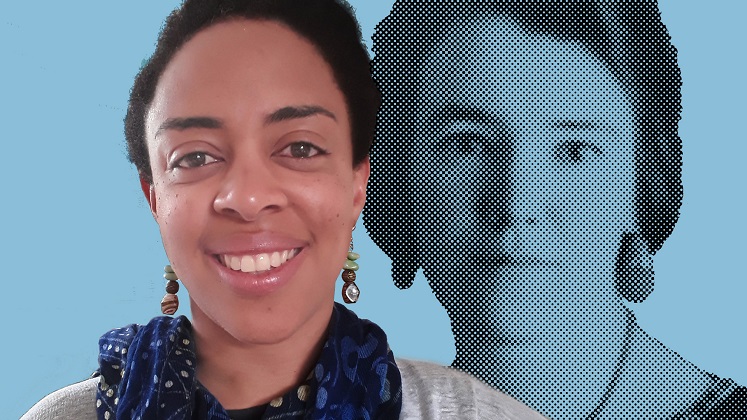
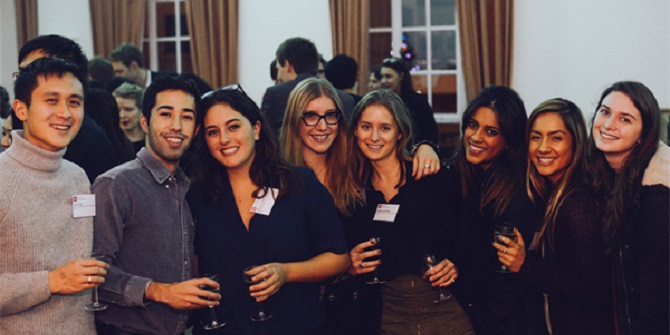
This is very useful information for those of you who have studied abroad, let us know in the comments if you can think of any more good reasons to study abroad and whether you agree with the list so far! Thanks again for the post.